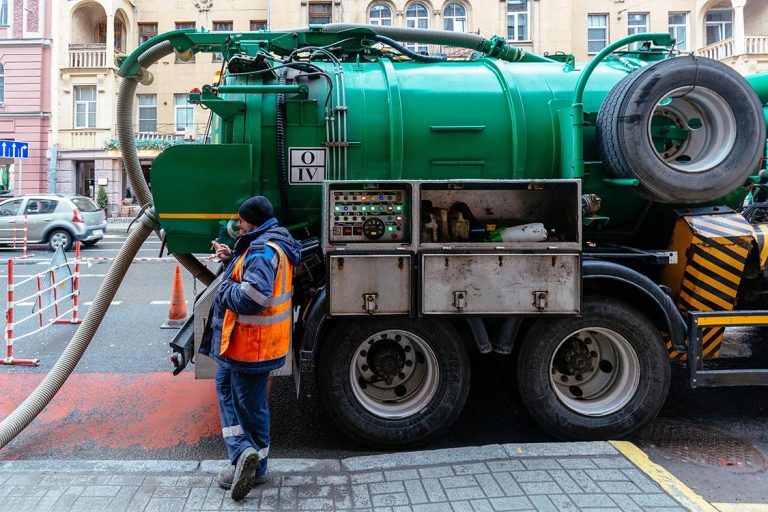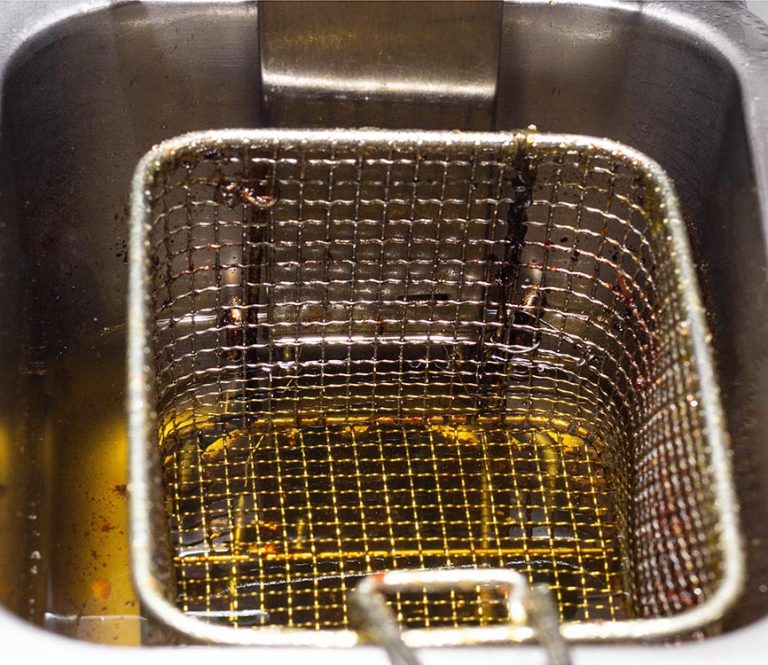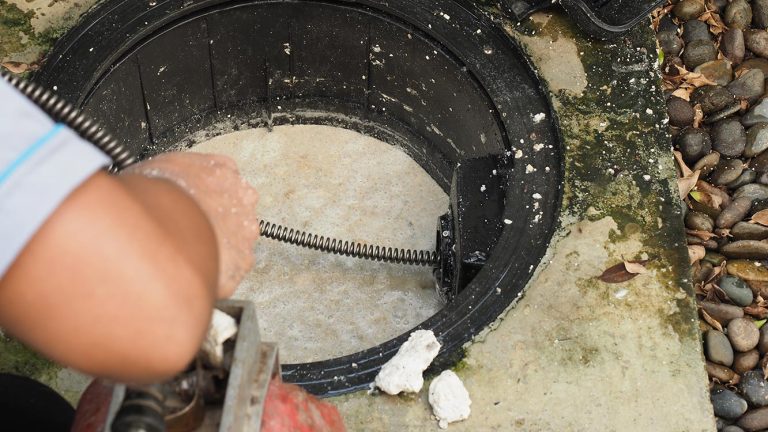Sustainability in the Kitchen: How Grease Trap Waste Can Be Turned into Energy
The Environmental Impact of Grease Waste
Most people don’t realize how damaging grease waste can be when it isn’t properly managed. When fats, oils, and grease (FOG) enter municipal wastewater systems, they don’t just flow away harmlessly—they solidify, clogging pipes and contributing to massive sewer blockages known as fatbergs. These blockages can cost cities millions of dollars in removal and repairs, driving up municipal costs and potentially leading to higher utility fees for businesses.
Beyond sewer blockages, grease waste that makes its way into the environment can contaminate waterways. A single gallon of improperly disposed cooking oil can pollute up to one million gallons of water, affecting ecosystems and aquatic life. This type of pollution disrupts oxygen levels in rivers and lakes, leading to fish kills and long-term environmental degradation.
Regulatory agencies have implemented strict FOG disposal rules to prevent these issues, and failure to comply with proper grease disposal can result in substantial fines and penalties. While regulations are in place to mitigate the problem, a more proactive solution exists—turning grease waste into biofuel.
How Grease Trap Waste is Transformed into Energy
Instead of being discarded as waste, grease can be collected and repurposed into biodiesel or biogas through a structured recycling process. It starts with specialized grease collection services that gather used cooking oil and grease trap waste from commercial kitchens. The collected material is then filtered and processed to remove impurities before being converted into a renewable fuel source.
Biodiesel, one of the primary products made from recycled grease, serves as a sustainable alternative to traditional diesel fuel. It can be used in vehicles, heating systems, and industrial applications, significantly reducing greenhouse gas emissions compared to petroleum-based fuels. Unlike fossil fuels, biodiesel is biodegradable and non-toxic, making it a cleaner and more environmentally friendly energy source.
Another method of energy conversion involves anaerobic digestion, where grease waste is broken down by bacteria in controlled conditions. This process produces biogas, a renewable energy source that can generate electricity or be used for heating. Some municipalities and large foodservice chains have even begun integrating grease-to-biogas systems into their operations, using the energy generated from kitchen waste to power their own facilities.
For restaurant owners, participation in a grease recycling program is straightforward. Instead of dealing with the hassle of disposing of grease waste, businesses can partner with recycling services that handle collection and processing, ensuring that waste is put to productive use.
The Business Benefits of Sustainable Grease Management
Sustainability initiatives in commercial kitchens are not just about environmental responsibility—they also bring financial and operational benefits. By participating in a grease-to-energy program, businesses can reduce waste disposal costs, lower their risk of fines, and even unlock potential tax incentives for sustainable practices. Many recycling companies offer free or low-cost grease collection, helping businesses save money while staying compliant with FOG regulations.
Brand reputation is another critical factor. Today’s consumers are increasingly drawn to businesses that prioritize sustainability. Restaurants that actively promote their commitment to waste reduction and renewable energy stand out in a competitive industry, attracting eco-conscious customers and strengthening customer loyalty. Marketing these efforts—such as showcasing participation in a grease recycling program—can enhance public perception and drive positive brand engagement.
Operational efficiency also improves when grease is properly managed. A well-maintained grease trap reduces the risk of plumbing blockages, minimizes maintenance costs, and ensures compliance with health and safety regulations. Restaurants that integrate sustainable grease disposal practices avoid the costly disruptions that come with emergency plumbing issues, allowing their kitchens to run smoothly without unexpected downtime.
How to Get Started with Grease Recycling
Transitioning to a grease-to-energy approach requires minimal effort, but selecting the right service provider is crucial. Not all grease collection companies recycle waste into biofuel, so it’s essential to work with a provider that specializes in sustainable grease management. Businesses should look for partners that offer transparent reporting, allowing them to track how their waste is processed and quantify their environmental contributions.
Kitchen staff should also be educated on proper grease disposal practices. Employees play a key role in ensuring that grease waste is collected efficiently and kept free from contaminants. Implementing simple procedures—such as using designated collection containers, avoiding food scraps in grease waste, and ensuring regular grease trap maintenance—can improve the quality of recycled material and enhance sustainability efforts.
For businesses looking to take sustainability a step further, investing in on-site biogas systems is an option. While this requires upfront investment, it allows restaurants and foodservice facilities to generate their own renewable energy from kitchen waste, reducing reliance on external energy sources and lowering utility costs in the long run.
Sustainability efforts don’t have to stop at grease recycling. Many businesses that embrace eco-friendly grease management also adopt additional waste-reduction initiatives, such as composting food scraps, reducing single-use plastics, and optimizing water and energy consumption. Taking a holistic approach to sustainability ensures long-term benefits for both the environment and the bottom line.
The Future of Sustainable Grease Management
The movement toward sustainable grease management is gaining momentum as more businesses recognize the environmental and economic benefits of grease recycling. With advancements in biofuel technology and increased regulatory support for renewable energy, grease waste is becoming a valuable resource rather than a disposal problem.
For restaurants and commercial kitchens, participating in a grease-to-energy program is a simple but impactful step toward sustainability. It not only prevents costly plumbing and compliance issues but also contributes to a cleaner, more energy-efficient future. By partnering with a grease recycling service, businesses can reduce waste, lower costs, and position themselves as leaders in environmental responsibility.
The shift toward renewable energy is happening now, and businesses that take proactive steps to be part of the solution will be better positioned for long-term success. The grease that once clogged drains and caused compliance headaches can now power communities, turning a costly waste product into a valuable energy source.
If your business has yet to explore grease-to-energy options, now is the time to make the switch. The future of sustainability in the kitchen starts with smarter waste management—and it begins with you.






